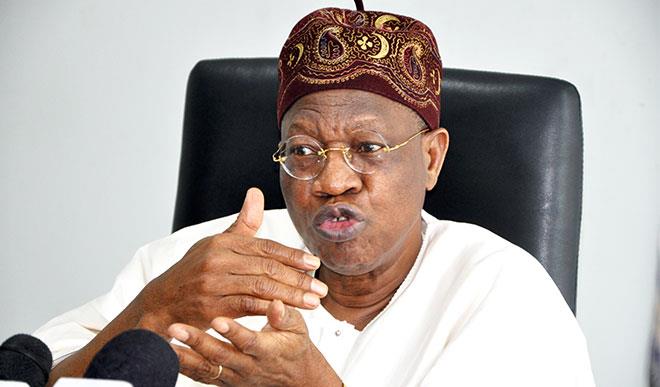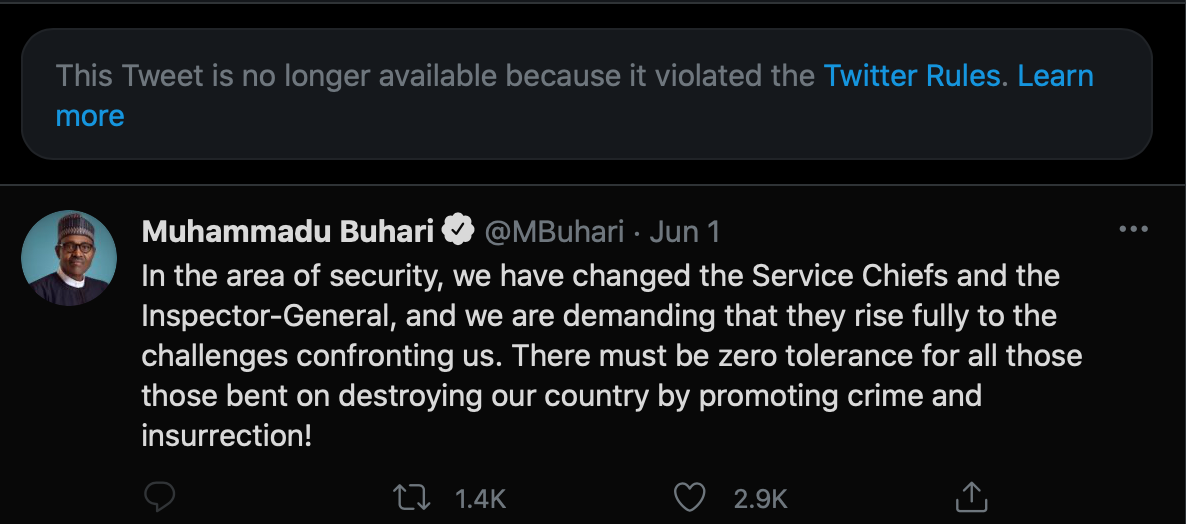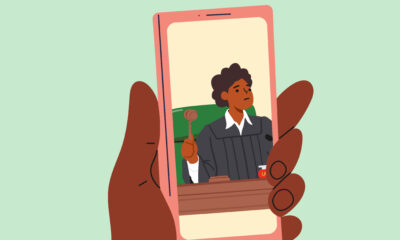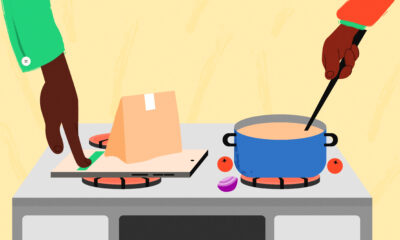Features
The Irony of the Federal Government Suspending Twitter in a Democracy

Lai Mohammed
During the #EndSARS protests that took place across many states, there were rumours that the federal government will ban the use of Twitter (and social media in general) in Nigeria. These rumours spread so fast that they swiftly transmogrified into fears and we shared tips on how to stay online even after the internet is blocked.
The regulation of social media is an idea that the federal government has romanticised for long. In 2019, the social media bill passed the second reading and it took outcries and condemnation from Nigerians for the bill to be suspended. On several occasions, Lai Mohammed also spoke against the use social media, claiming that social media platforms give people the opportunity to spread hate speech and thus need to be regulated.
Nigerians may have fought a good fight against the ban of social media in past years, but it seems the war is about to be lost. Yesterday, the Federal Ministry of Information and Culture announced the indefinite suspension of Twitter from Nigeria, citing that “the persistent use of the platform for activities are capable of undermining Nigeria’s corporate existence.” The Minister, Lai Mohammed, also said that “the Federal Government has directed the National Broadcasting Commission (NBC) to immediately commence the process of licensing all OTT and social media operations in Nigeria.”
This suspension came three days after a certain tweet from Muhammadu Buhari‘s handle was widely perceived as offensive, reported by Nigerians on Twitter, and then deleted for violating Twitter rules.

In the last few months and years, there have been a rapid increase in the rate of insecurity: the nation has been overrun by kidnappings, killing, banditry, femicide, armed robbery, thuggery. School children are being carted away, job seekers are losing their lives, and no one seems to be safe. The economy has taken a nosedive; $1 is about N500, £1 is about N700, the prices of food have quadrupled – a paint bucket of garri that used to be N350 is now N1,300, the same goes for yam, rice, beans, wheat – you name it. Should we talk about healthcare? Education? The judiciary? Electricity? Millions of children are still out of school, courts are closed because the workers is on strike, pensioners are not being paid. Nothing seems to be working.
The federal government may be deluded into thinking that this ban is for the betterment of the country, but if the government is being sincere, what is capable of undermining Nigeria’s corporate existence is not Twitter, it is the breakdown and non-functionality of systems, and the living condition of Nigerians that keeps deteriorating every single second.
While we may agree that social media has immensely contributed to the spread of fake news, it would be untruthful to cheapen Nigeria’s woes to the use of social media. What is capable of undermining Nigeria’s corporate existence is the fear we have to face every single time we leave our homes, it is the hunger that eats the walls of our stomachs and the pain that clasps our hearts so tight until they crack and bleed. It is the demeaning love of our dear country that takes so much from us and gives us almost nothing in return.
What is capable of undermining Nigeria’s corporate existence is the dreams that die every day because our government lacks foresight, is not proactive and comes up with policies that sink people deeper into poverty. What is capable of undermining Nigeria’s corporate existence is the diminishing light in people’s eyes, and the dwindling hope of a better tomorrow.
One would hope that with the level of insecurity that plagues us and the shambles our economy has become, the government would be focused on coming up with ways to revive Nigeria’s economy and manage the crisis across the nation. Alas, the government has, as usual, chosen to major in the minor and chase shadows by turning a blind eye to the real issues that are “capable of undermining Nigeria’s corporate existence”, and focus instead on the way people have chosen to use their social media accounts and express their dissatisfaction.
While we do not know in detail what this ban means for Nigerians on Twitter and generally on social media, it is a blow that a democratic government has, in the first place, chosen to consider a suspension and regulation of a social media app used by millions of its citizens.
It is appalling that the Nigerian government is dancing backward in a democratic era. The ban of Twitter violates section 22 and 39 of the 1999 constitution which states that “The press, radio, television and other agencies of the mass media shall at all times be free to uphold the fundamental objectives contained in this chapter and highlight the responsibility and accountability of the government to the people” and “Every person shall be entitled to assemble freely and associate with other persons, and in particular he may form or belong to any political party…” respectively.
The hallmark of true democracy is the freedom of the people to criticise a government, especially one that is underperforming, and if it gets to a stage where the government is inclined to gag the mouths of the people, restrict or reduce their freedom of expression in any way, then there’s a problem. If it also gets to a stage where the government seems to be more concerned about criticisms of the people and is unable to look inward to see how they can govern better as opposed to shutting up the people, then there’s a bigger problem. One that the government has failed to acknowledge and address.
Today, it is Twitter suspension, what social media/communication app is next? We are wearing the face of a democratic system but have the hands of an autocratic system.
At the end of the day, there’s only one thing Nigerians can do: don’t give up the fight for your right.






















